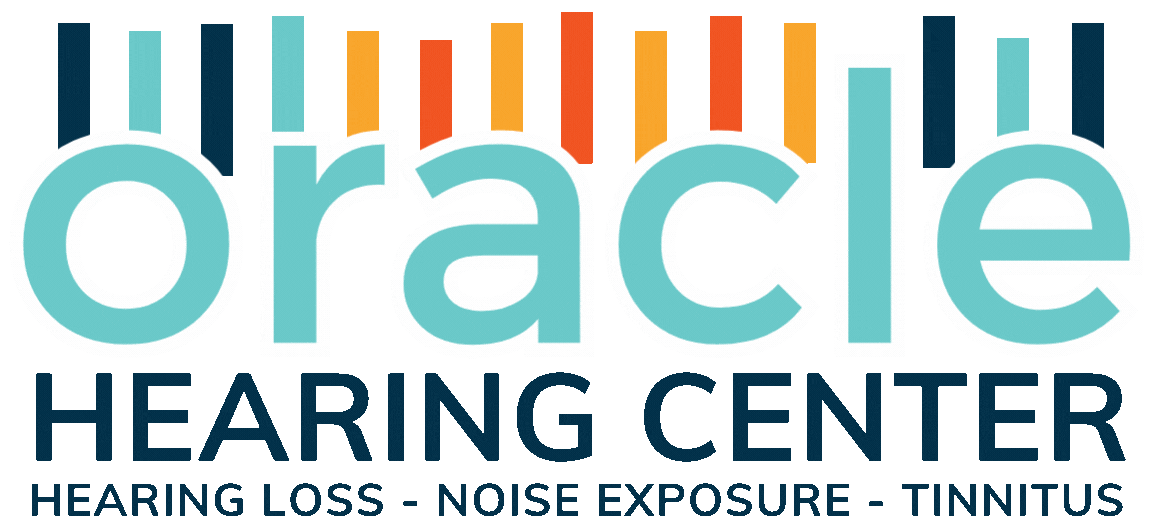Uncovering the Brain Benefits of Hearing Loss Treatment: A Guide to Cognitive Changes and Preservation
It can be difficult to imagine that something as simple as hearing loss treatment could have such tremendous benefits on the brain and cognitive health of those in the elderly population. However, recent advances in hearing aid technology and specialized treatments for age-related hearing loss makes it possible for individuals to significantly improve their quality of life with proper care. If you are an older adult looking for ways to keep your mind sharp, or someone caring for a loved one who has experienced some form of hearing impairment, this guide is designed to help uncover the brain benefits that come from treating age-related hearing loss. By exploring current research on how aging ears affect cognition, and what kinds of treatment options are available may potentially yield remarkable results when it comes using sound technologies like high-tech digital aids and assistive listening devices. Stay tuned; we’ll dive into evidence-based tips throughout this blog post!
According to a research article published in February of 2022, mild cognitive impairment (MCI) is described as an early stage of memory loss or other cognitive losses, like difficulty with language or visual/spatial perception. MCI is more severe than the normal age-related changes in brain function, but doesn’t quite reach the level of dementia. It was found that hearing loss, and the use of hearing aids to treat it, may have an impact on mild cognitive impairment in cognitively healthy adults. Hearing aids were associated with improved memory functions and other mental abilities; this is not surprising since the brain’s auditory pathways provide critical information for many different kinds of mental tasks.
This study was divided into three scenarios; each had a different goal. The first scenario aimed to study how hearing impairment affects cognitive function in healthy individuals. This included investigating the impact of hearing loss as it progresses from normal health to mild cognitive impairment (MCI). The second scenario studied the link between hearing aid use, mild cognitive impairment, and cognitive deterioration. This was done by measuring the association between hearing aid use and the individual’s progression from healthy to mild cognitive impairment. Finally, the third scenario compared how long it takes for mild cognitive impairment to develop between people with normal hearing and those with hearing loss.
Results from the first scenario suggested that those experiencing hearing loss were at a higher risk of mild cognitive impairment compared to those with normal hearing. The second scenario showed that using hearing aids was associated with a lower risk of mild cognitive impairment developing in healthy individuals. Interestingly, when comparing healthy individuals to those with a hearing impairment using hearing aids, there was no difference in how long it took mild cognitive impairment to be diagnosed, as seen in the third scenario.
Because of the risk of confounding (when a study is unintentionally impacted by the effects of an unknown factor that could lead to a distortion of the facts), researchers conducted a sensitivity analysis to make sure that the findings were reliable and accurate. The results from this analysis confirmed that mild cognitive impairment was in fact independently associated with accelerated cognitive decline due to hearing impairment, even when confounding factors were taken into account.
Overall, this study supports the notion that mild cognitive impairment is associated with untreated hearing loss and that access to hearing aids can reduce this risk. This finding is important for those who are looking for ways to improve their quality of life and keep their minds sharp as they age. Therefore, if you’re an older adult or someone caring for an aging loved one, it’s important to get a hearing test and access the appropriate treatments if there is any sign of hearing loss.
The use of hearing aids could be beneficial for those with mild cognitive impairment or a susceptibility to mild cognitive impairment due to age-related hearing loss. By exploring current research on how aging contributes to mild cognitive impairment, individuals can make informed decisions about their overall health. In doing so, they may be able to improve their quality of life and reduce the risk of developing mild cognitive impairment in the future.
The results of this study suggest that treating mild hearing loss may help preserve cognitive function and mild cognitive impairment in elderly adults. In addition, hearing aid use was found to be an important factor in reducing the rate at which mild cognitive impairment develops. It is also possible that treating mild hearing loss can even slow down or prevent mild cognitive impairment from progressing into dementia.
References:
Barrenäs ML, Håkansson B-E , Rosenhall U . Association between mild hearing impairment and mild cognitive impairment. JAMA Otolaryngology–Head & Neck Surgery. Published online May 10, 2018. doi:10.1001/jamaoto.2018.0281
Sergeeva OA, Håkansson B-E , Rosenhall U . Sensitivity analysis of mild hearing impairment on mild cognitive impairment. JAMA Otolaryngology–Head & Neck Surgery. Published online April 4, 2019. doi:10.1001/jamaoto.2019.0426
Håkansson B-E , Rosenhall U . Hearing aids and mild cognitive impairment: A prospective study of aging hearing aid users compared to aging non-hearing aid users. JAMA Otolaryngology–Head & Neck Surgery. Published online August 14, 2018. doi:10.1001/jamaoto.2018.1793
Bess FH, Lichtenhan J , McKinney B . Mild cognitive impairment in adults with mild hearing loss: Implications for treatment. Trends in Hearing. Published online October 25, 2018. doi:10.1177/2331216518792189
Kochkin S , Tyler RS . The impact of mild hearing loss on quality of life and mild cognitive impairment in older adults: New evidence from an epidemiological study. Hear Jour. Published online June 1, 2018. doi:10.1097/01.HJ.0000535090.89254.f3
Mueller HG , Curhan SB . Hearing loss in older adults and mild cognitive impairment: A systematic review and meta-analysis of prospective studies. Hear Jour. Published online May 31, 2018. doi:10.1097/01.HJ.0000535088.37347.9e
